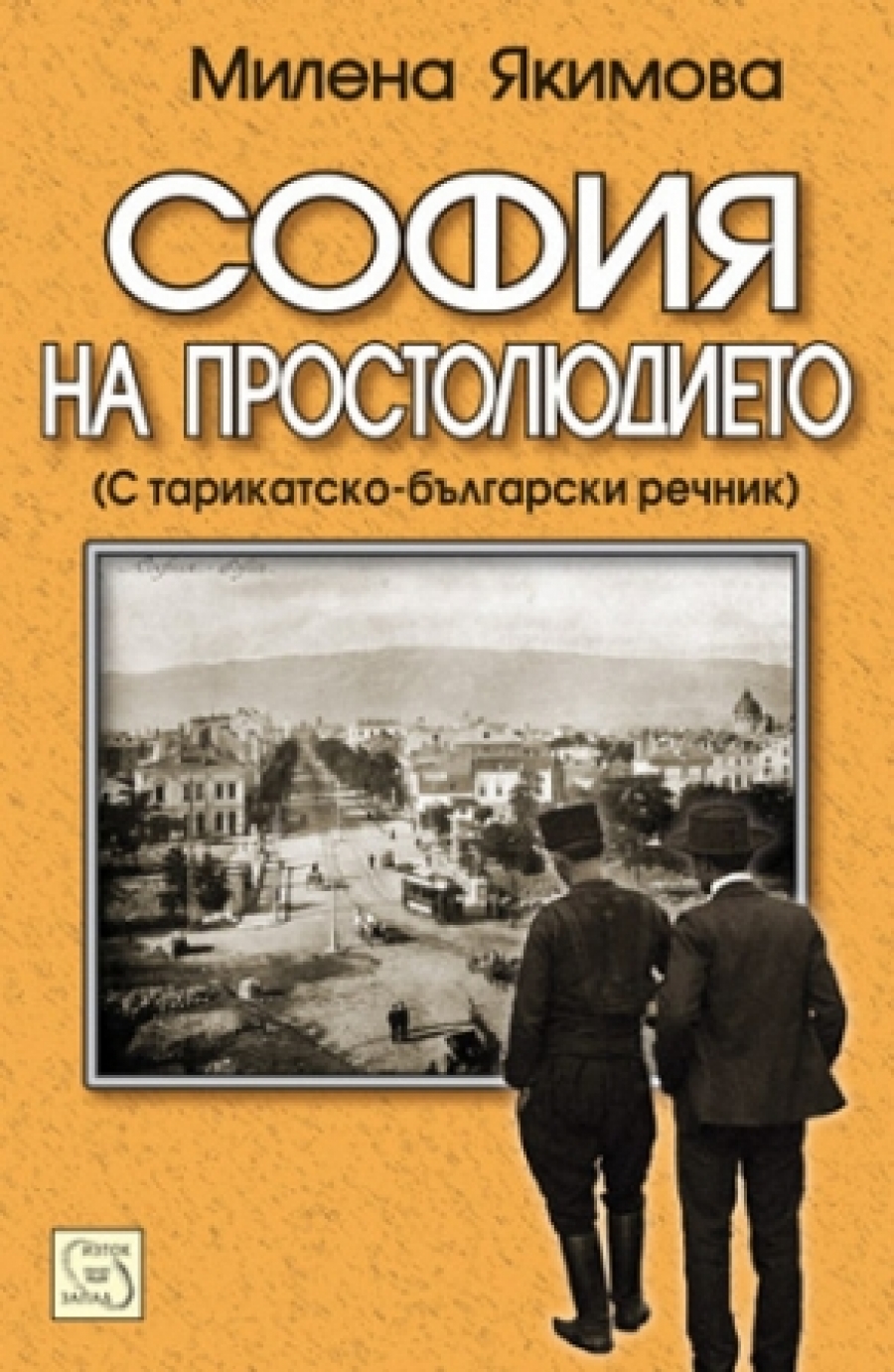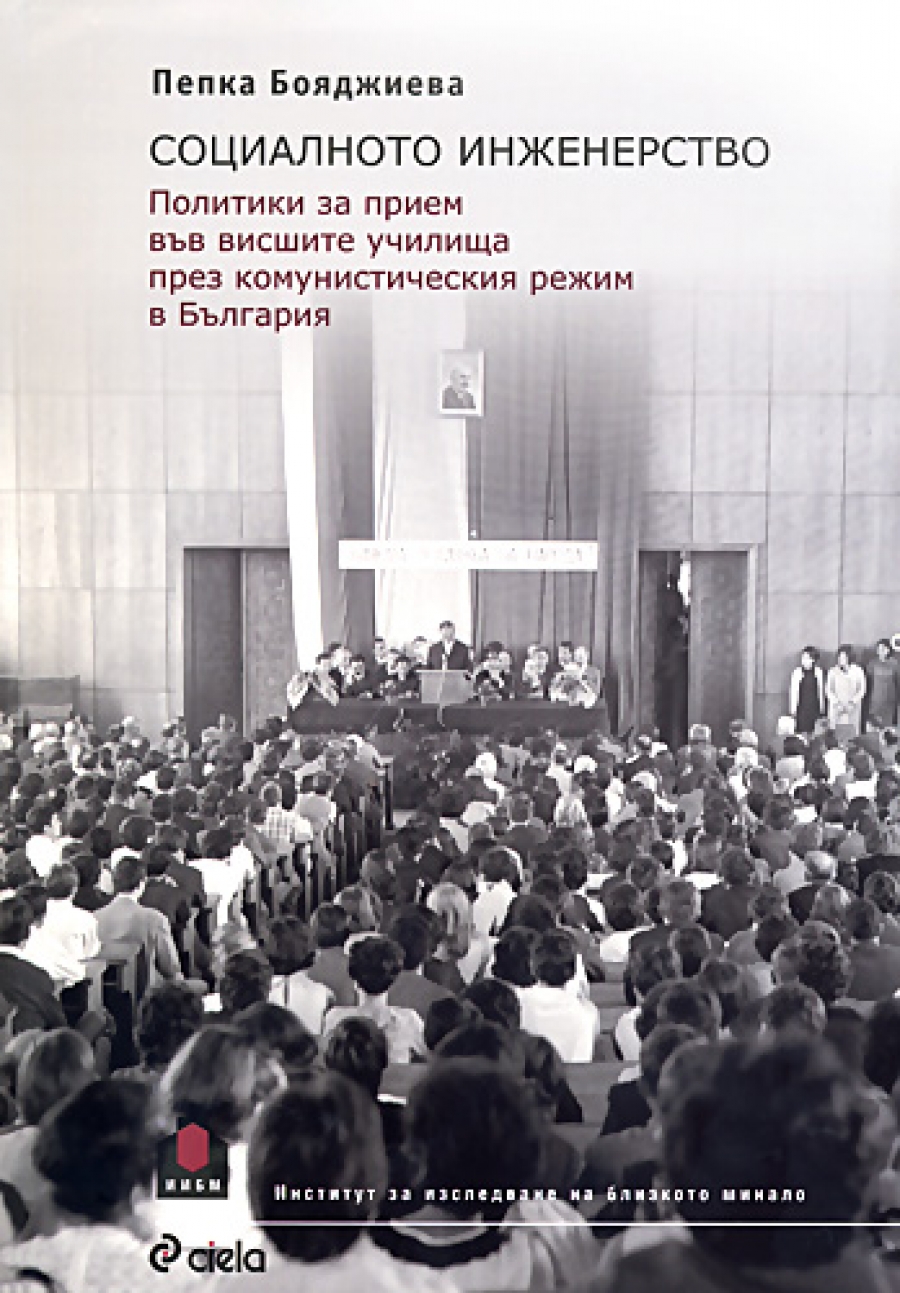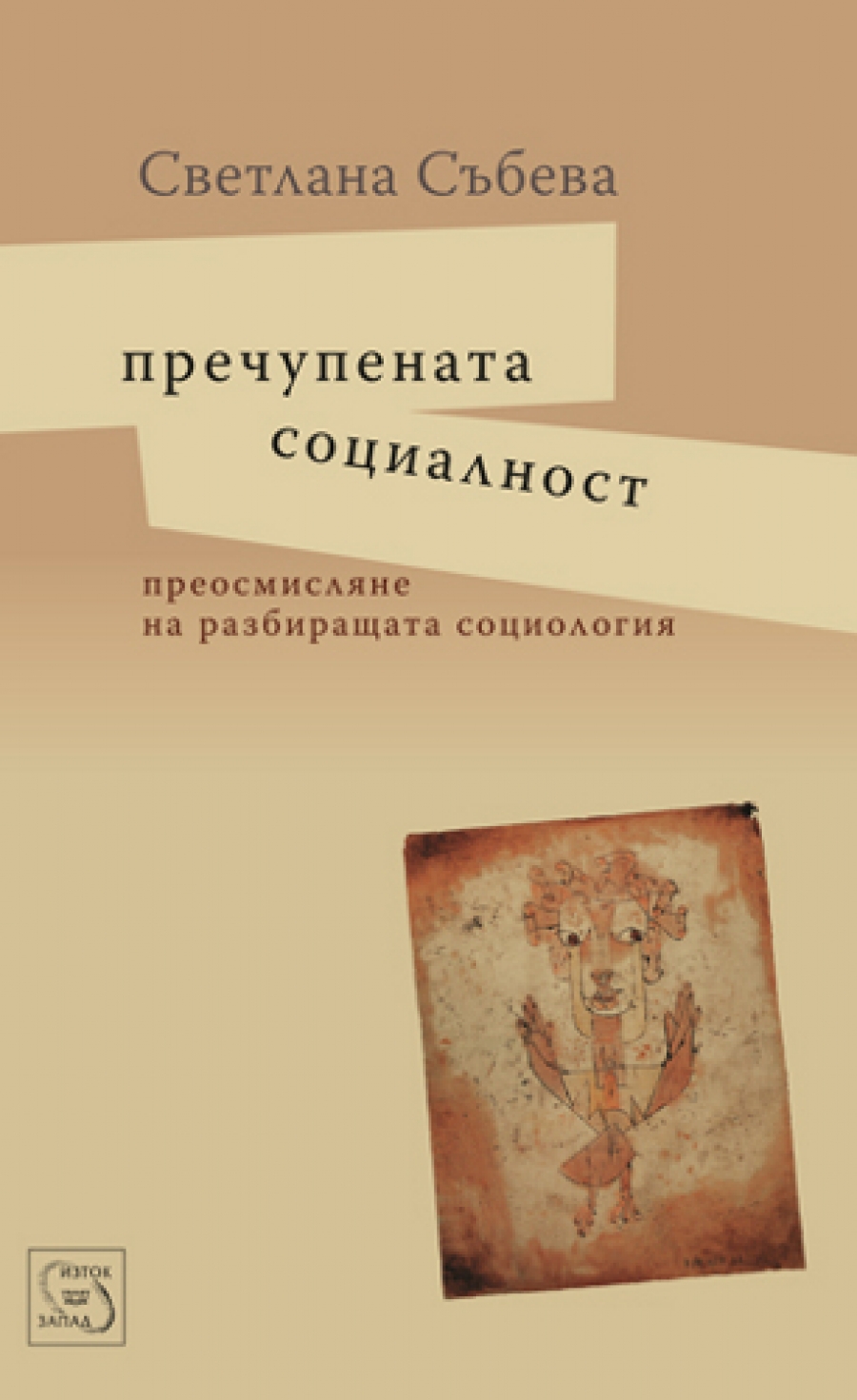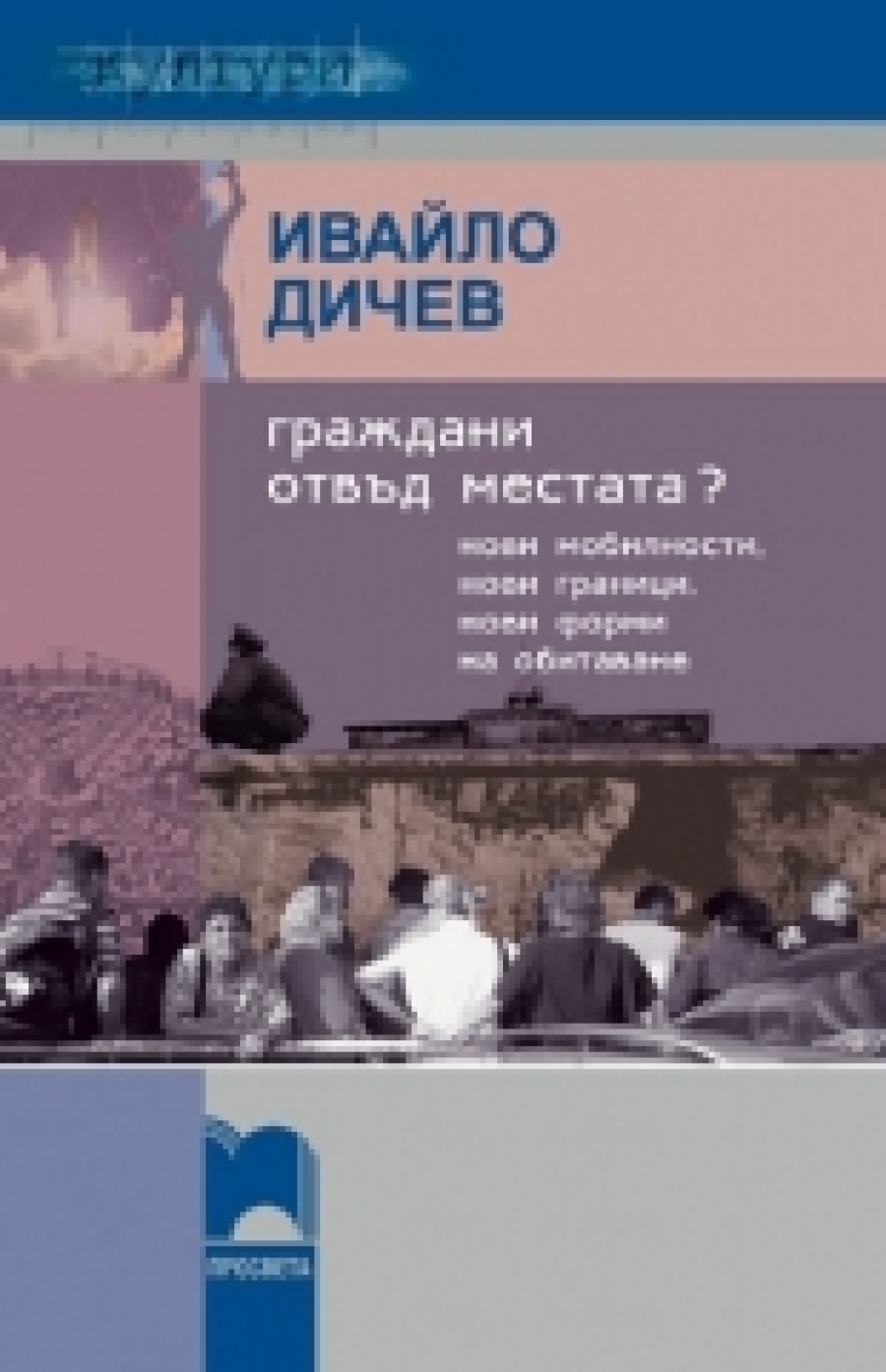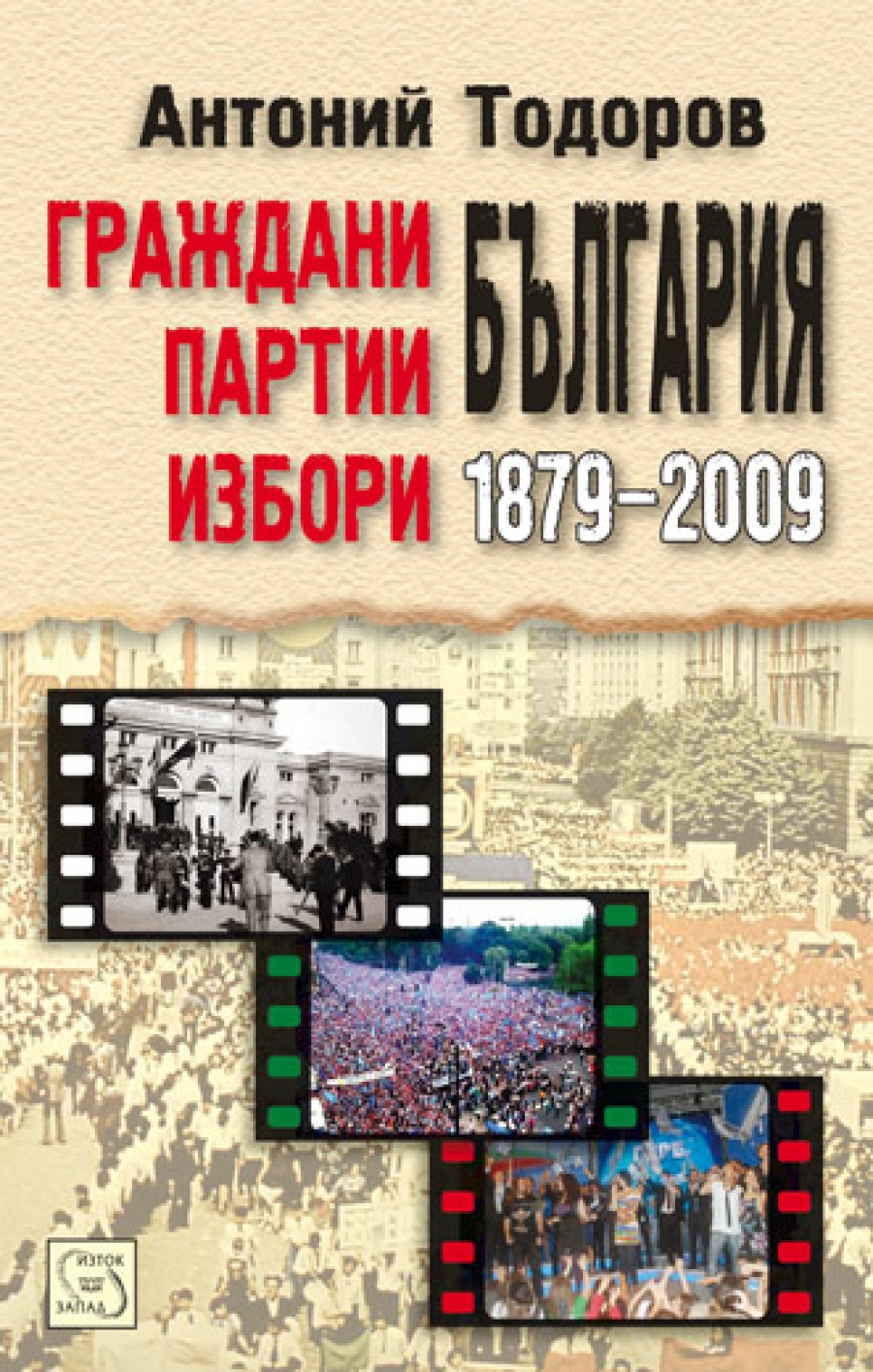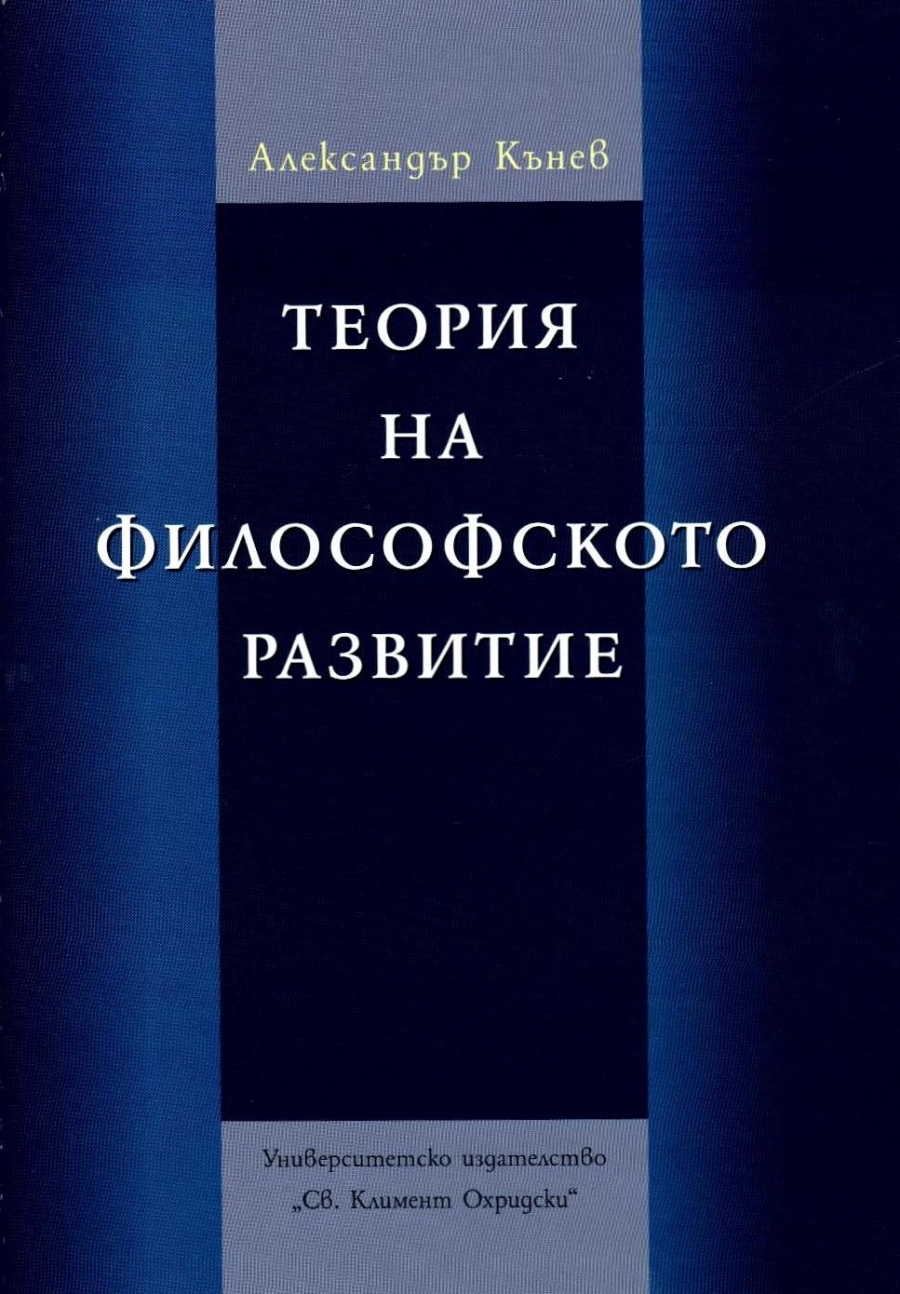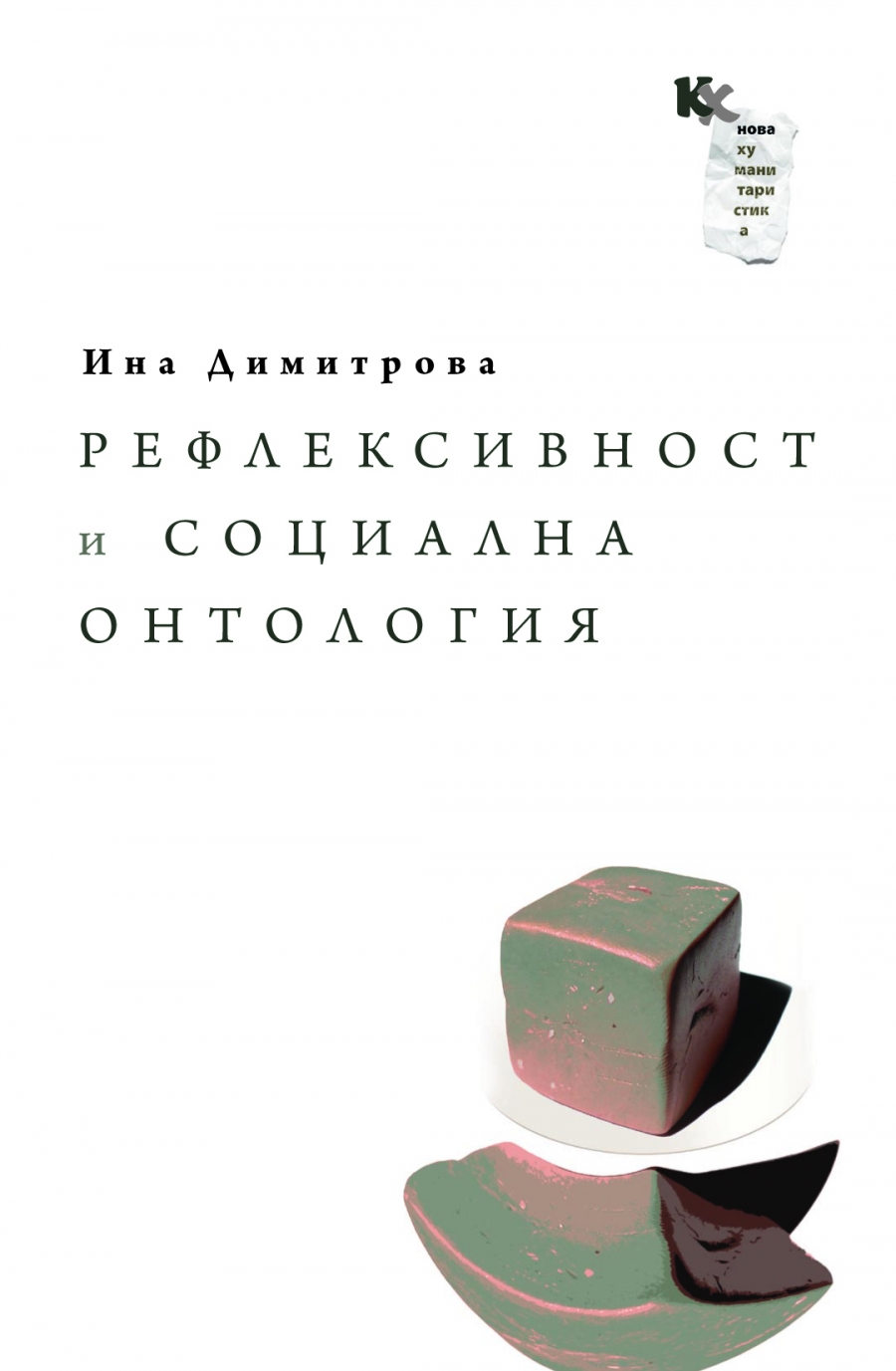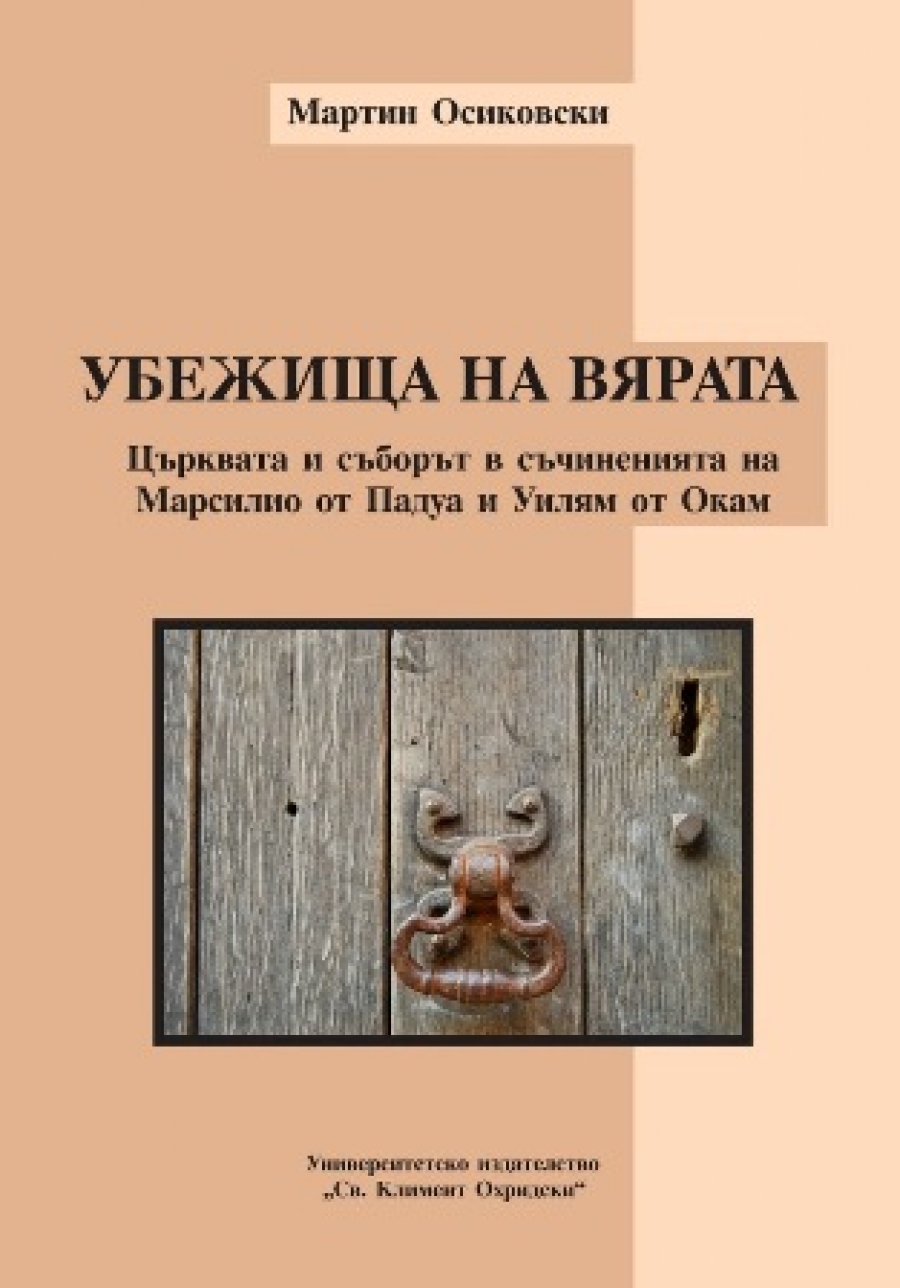Milena Iakimova – Sofia of the Common People
My encounter with Milena Iakimova’s book coincided with my arrival in a new city. I read Sofia of the Common People in my first weeks in Cambridge, Massachusetts, while I was getting used to the strange sounds and colours in my new apartment, looking for a new kindergarten, picking out new foods in the store, memorizing the local traffic regulations, browsing a new library, meeting new people and learning the structure and rules of a new university.
